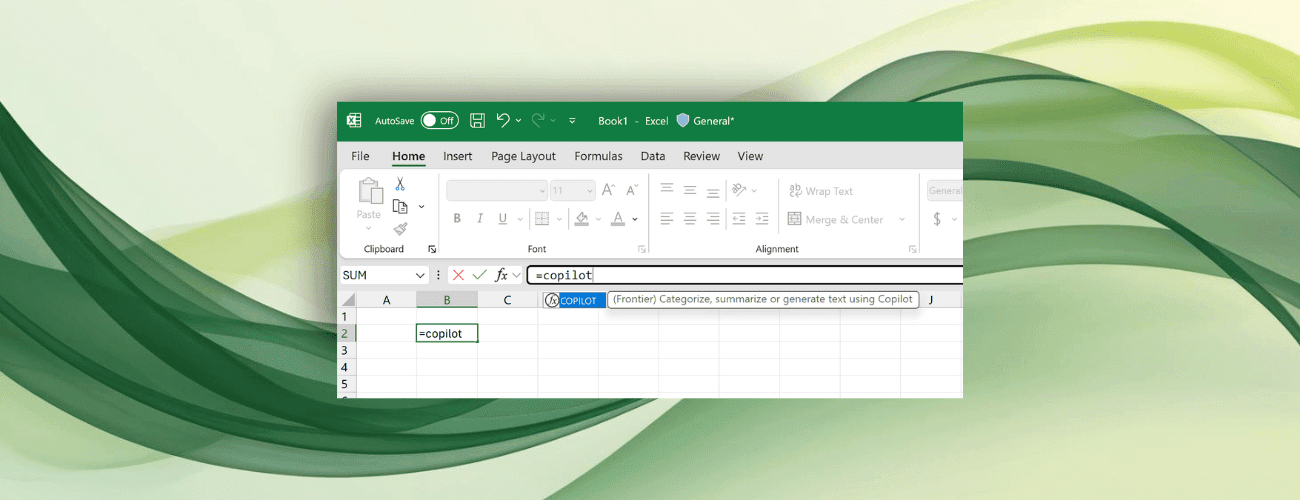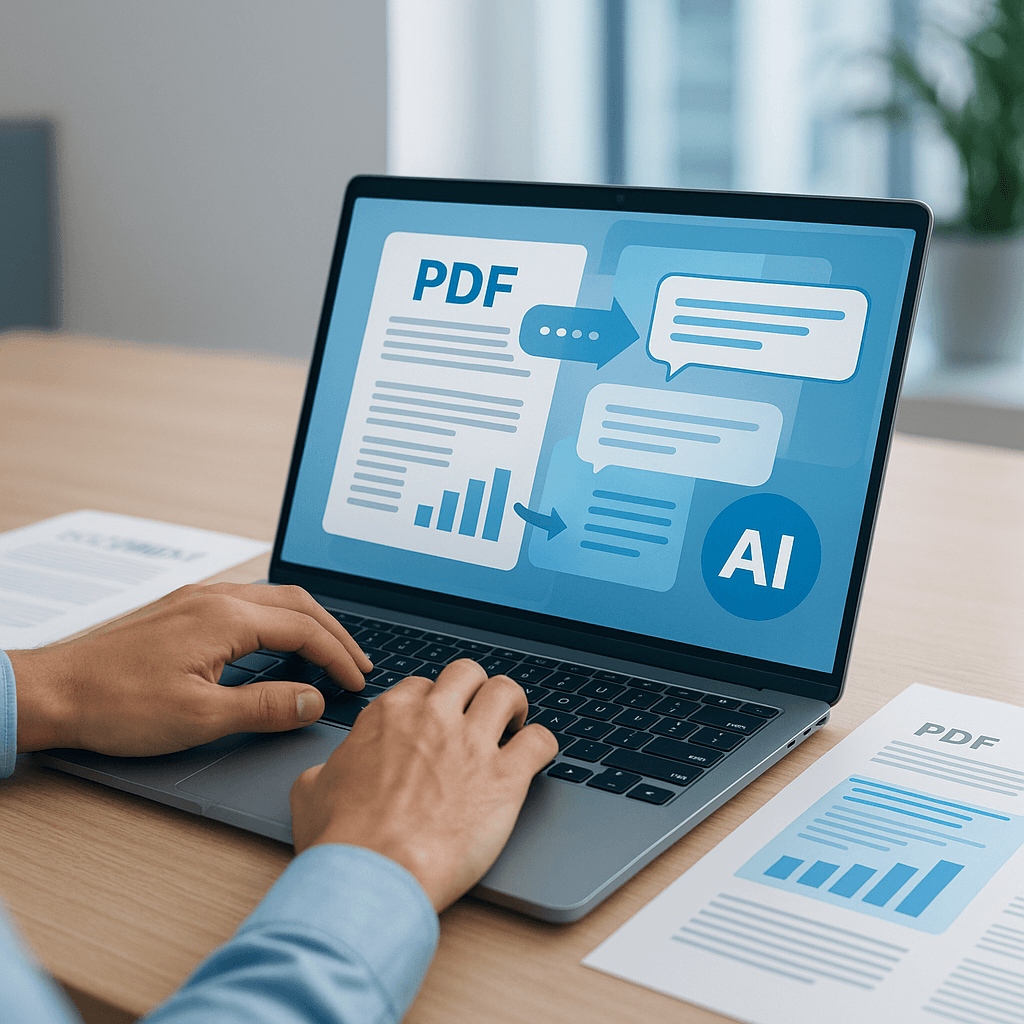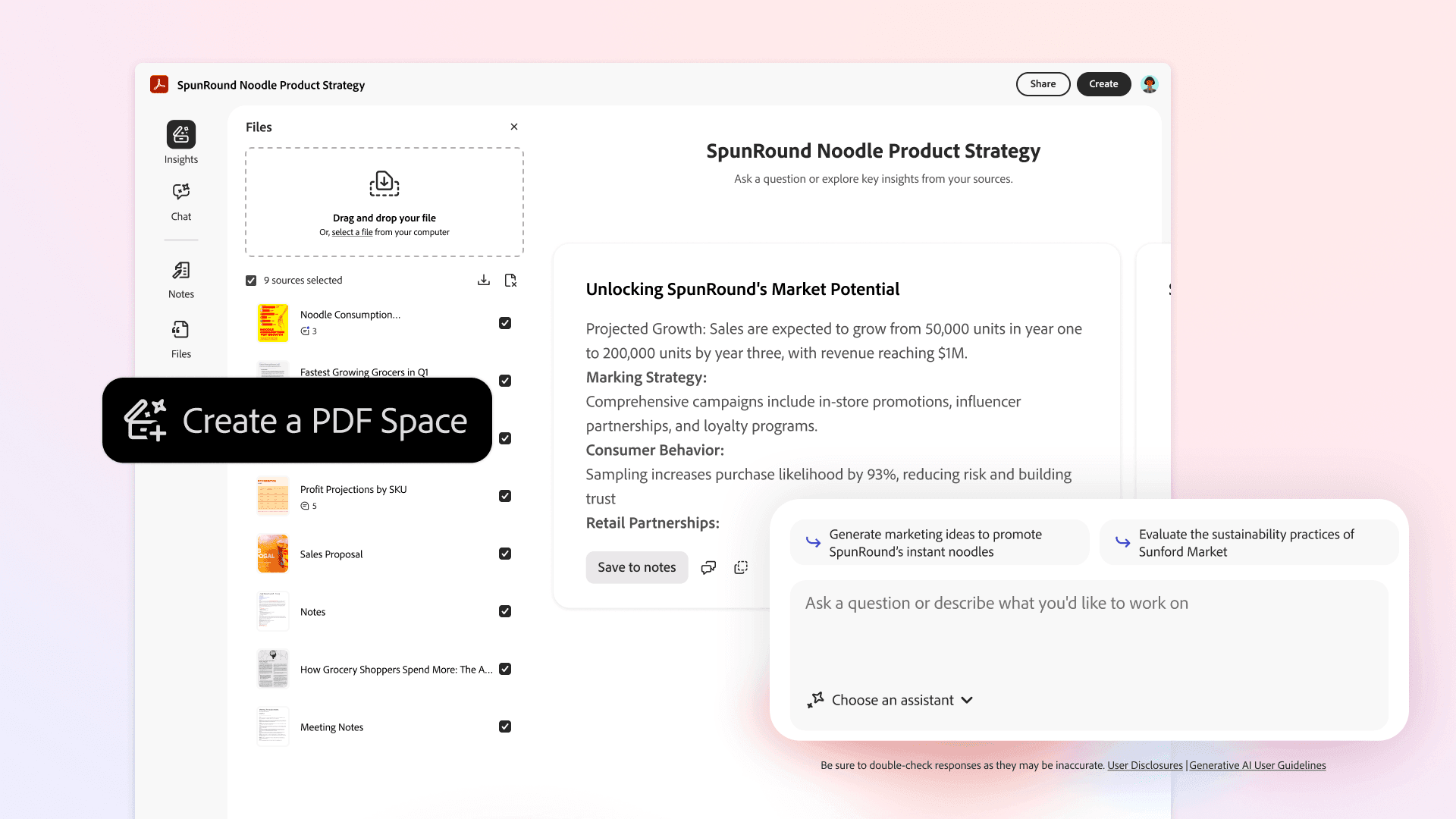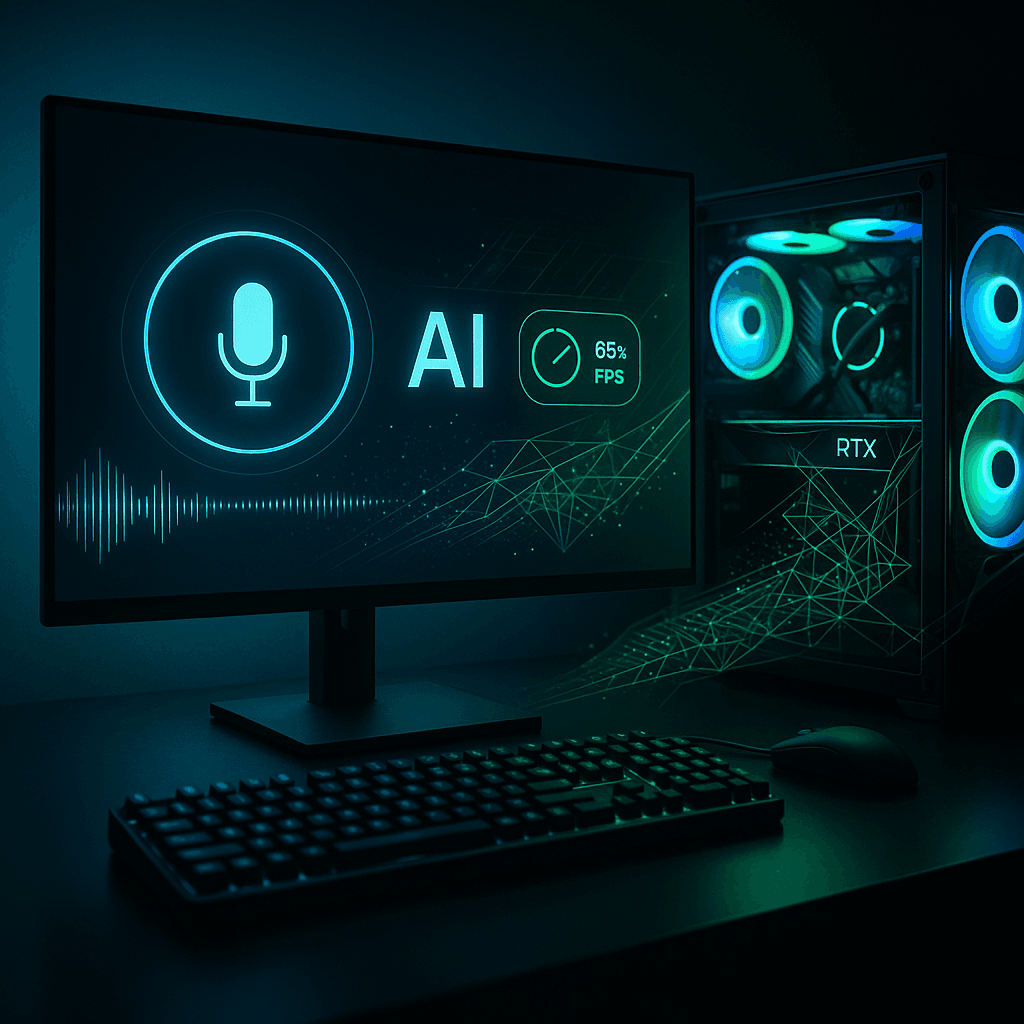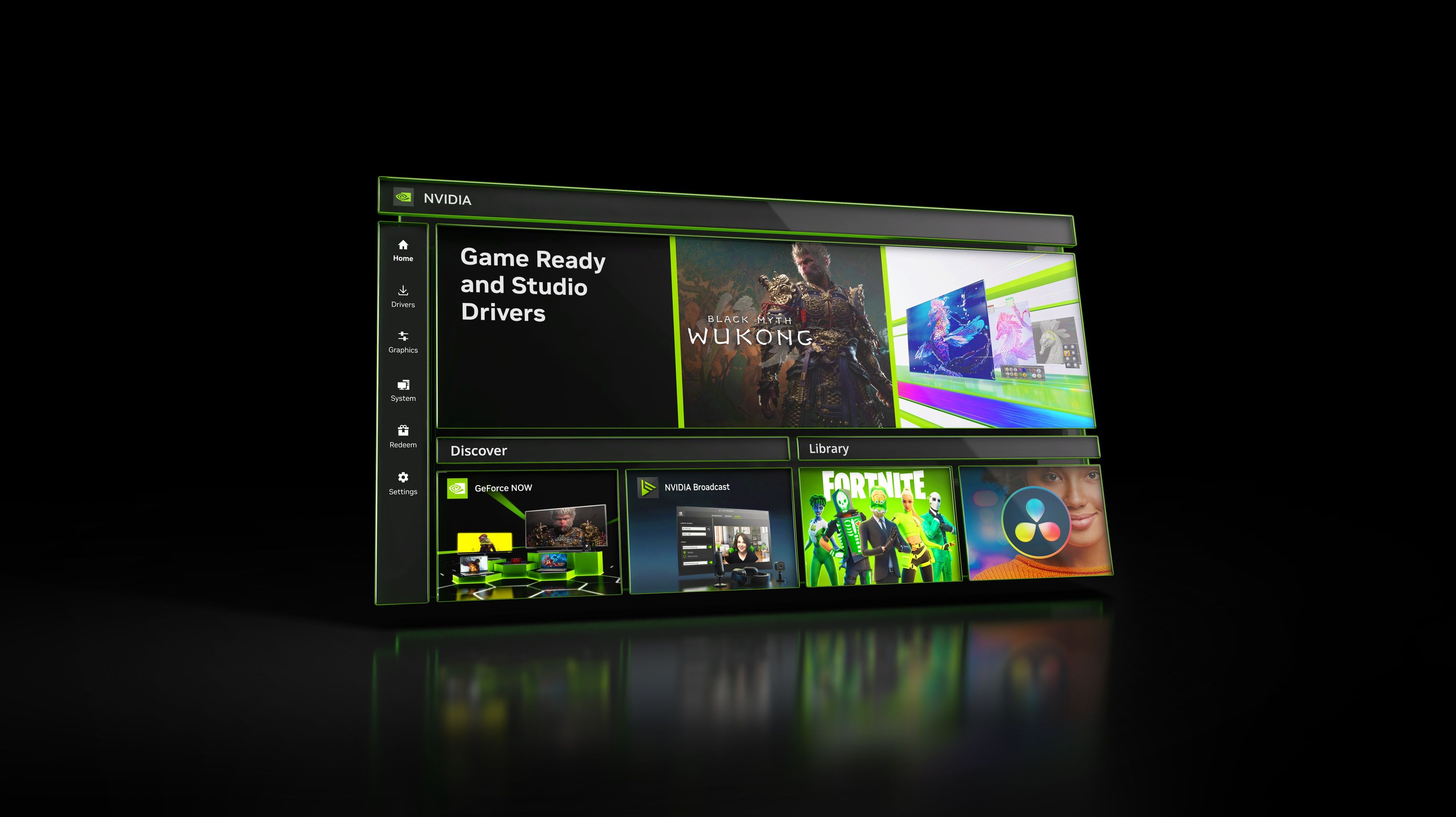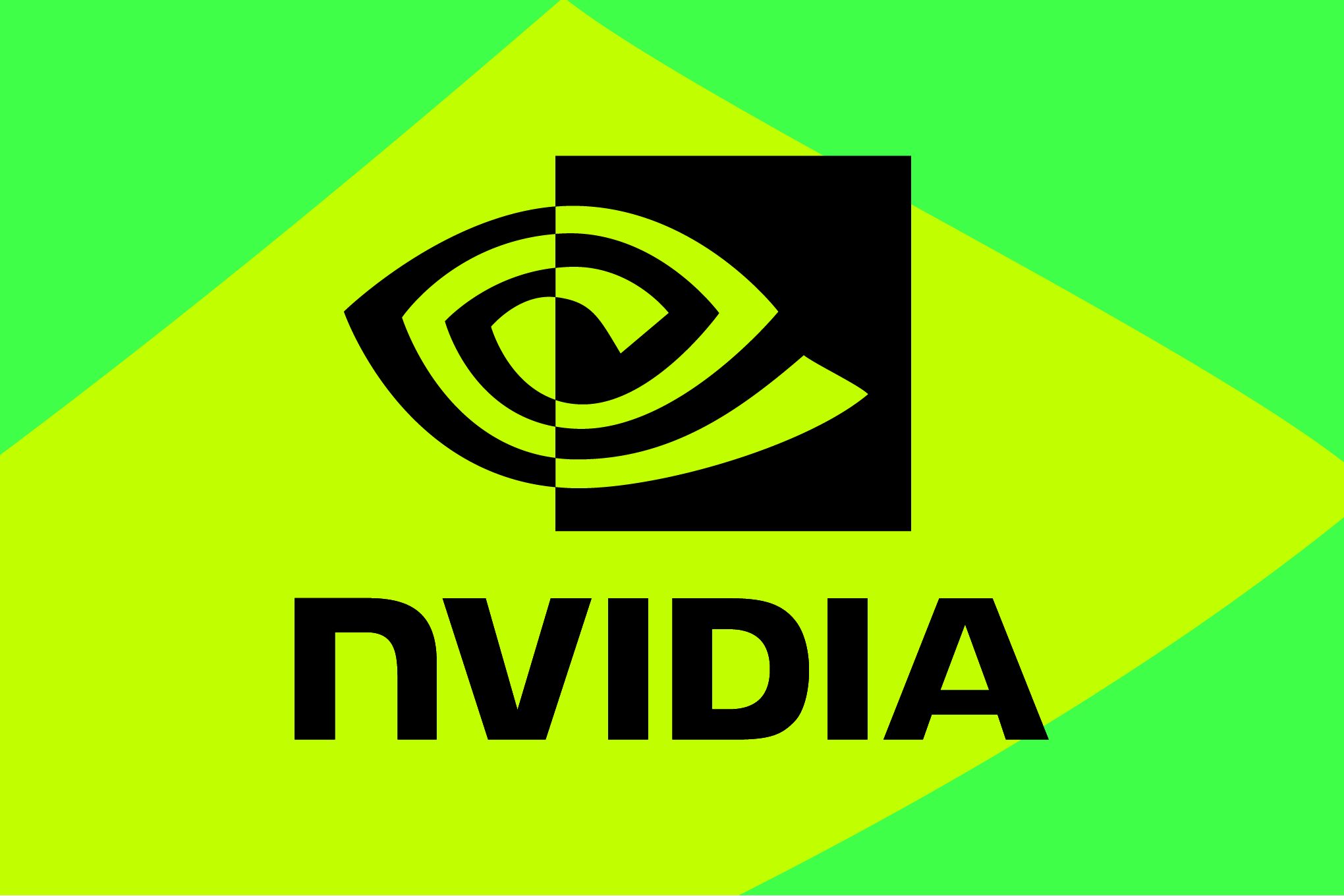Microsoft just transformed Excel into an AI powerhouse. The tech giant launched a new COPILOT function that lets users prompt AI to automatically fill, classify, and analyze spreadsheet data using natural language commands. This puts Microsoft head-to-head with Google Sheets' similar AI capabilities while deepening its partnership with OpenAI.
Microsoft is making its biggest Excel play in years, and it's all about AI. The company just launched a game-changing COPILOT function that transforms how millions of users interact with spreadsheets, putting artificial intelligence directly into formula bars. The move arrives just months after Google rolled out similar capabilities in Sheets, setting up a heated battle for the future of productivity software.
The timing couldn't be more strategic. According to Microsoft's announcement, the COPILOT function lets users type natural language prompts like "=COPILOT('Classify this feedback', D4:D18)" to automatically analyze and categorize data across specified cells. The AI then generates classifications, summaries, product descriptions, and more - all powered by OpenAI's GPT-4.1-mini model.
This represents a massive evolution from Microsoft's experimental LABS.GENERATIVEAI function that the company started testing back in 2023. "You can combine its new AI function with other Excel functions, including IF, SWITCH, LAMBDA, or WRAPROWS," Microsoft notes, revealing how deeply integrated this AI capability becomes within Excel's existing ecosystem.
The competitive implications are immediate. Google Sheets launched its own AI cell-filling feature in June, but Microsoft's approach appears more comprehensive, offering formula combinations and enterprise-grade privacy protections. "Information sent through Excel's COPILOT function is 'never' used for AI training," Microsoft emphasizes, addressing a key concern for corporate users handling sensitive data.
